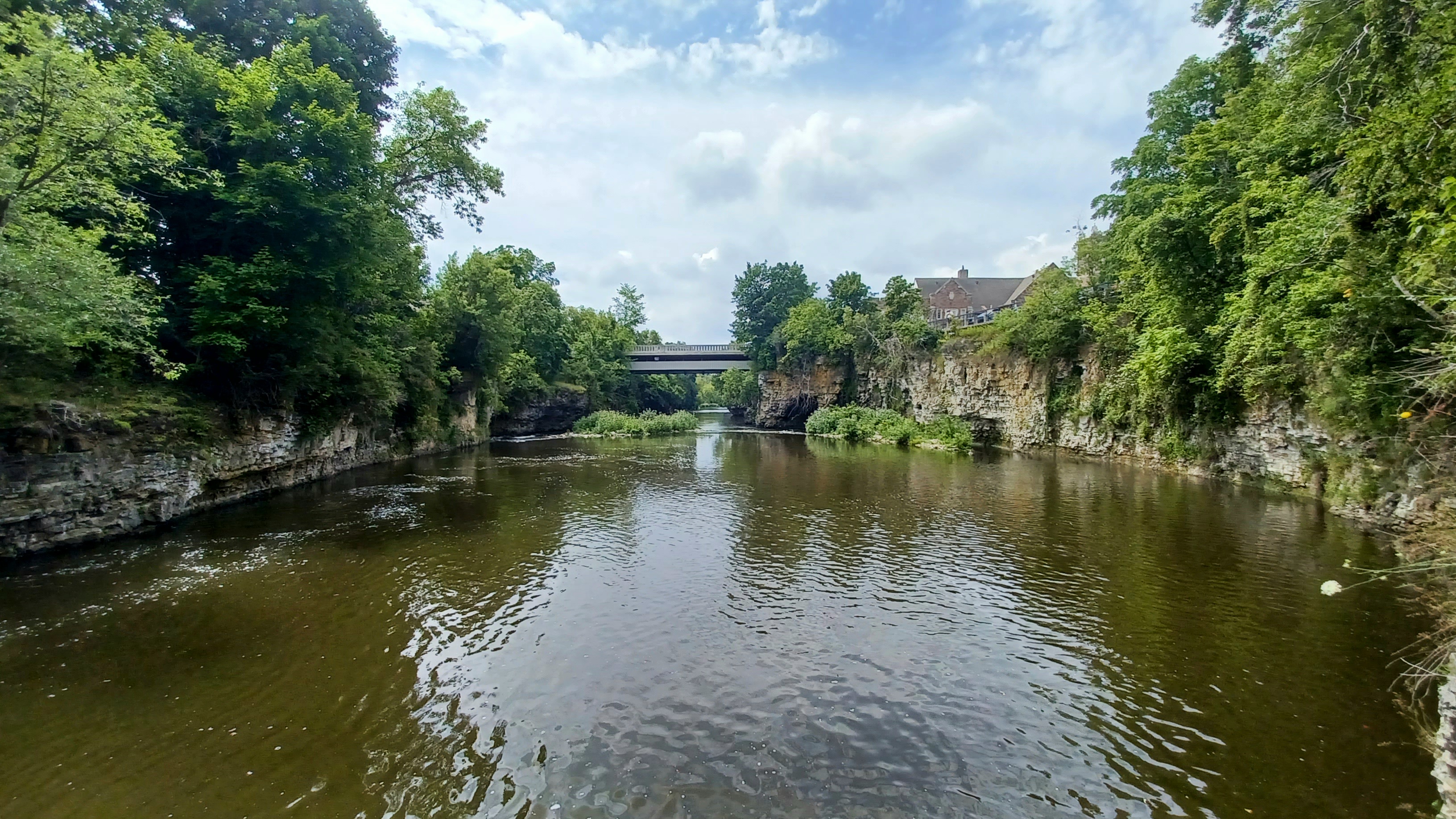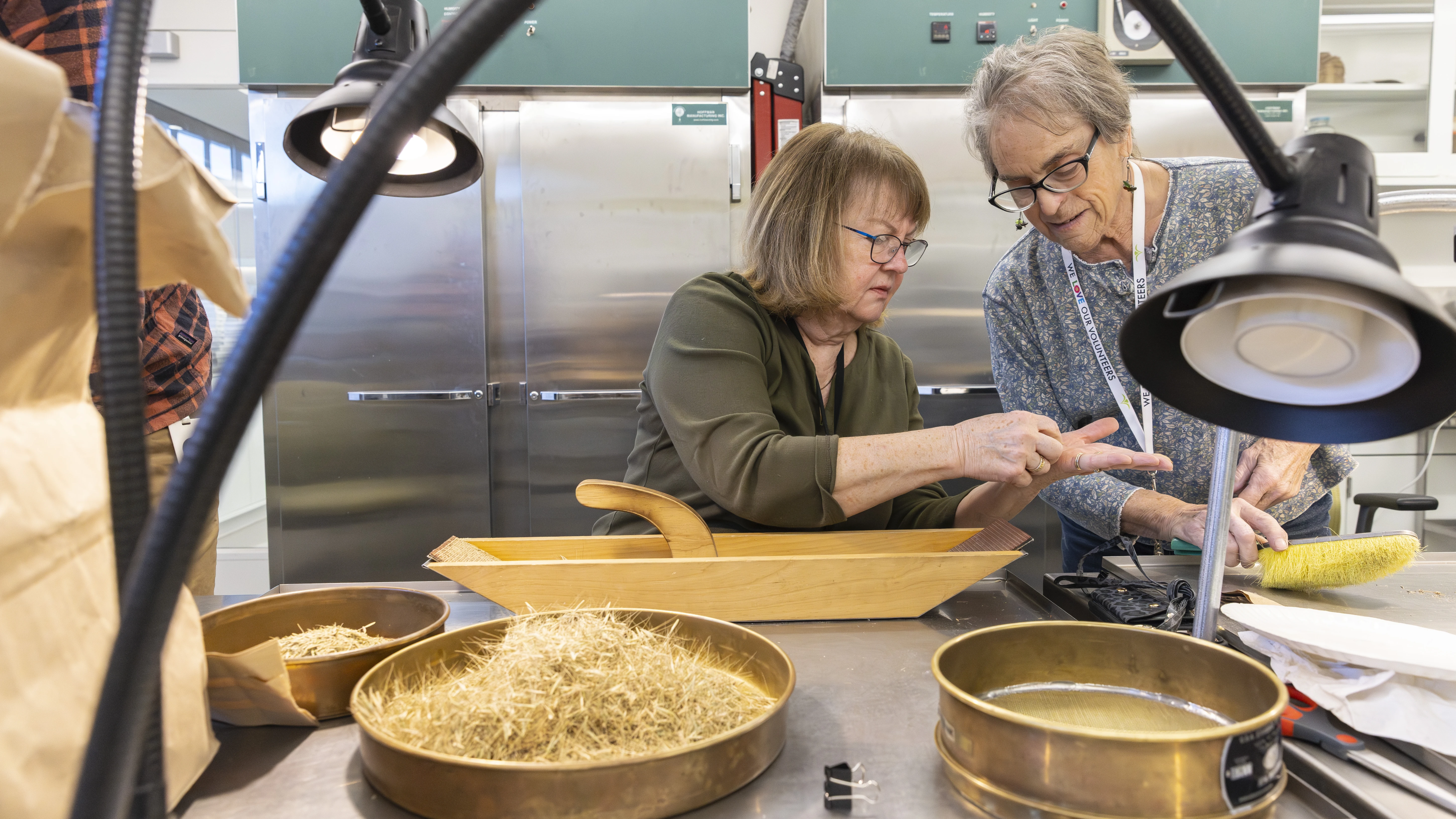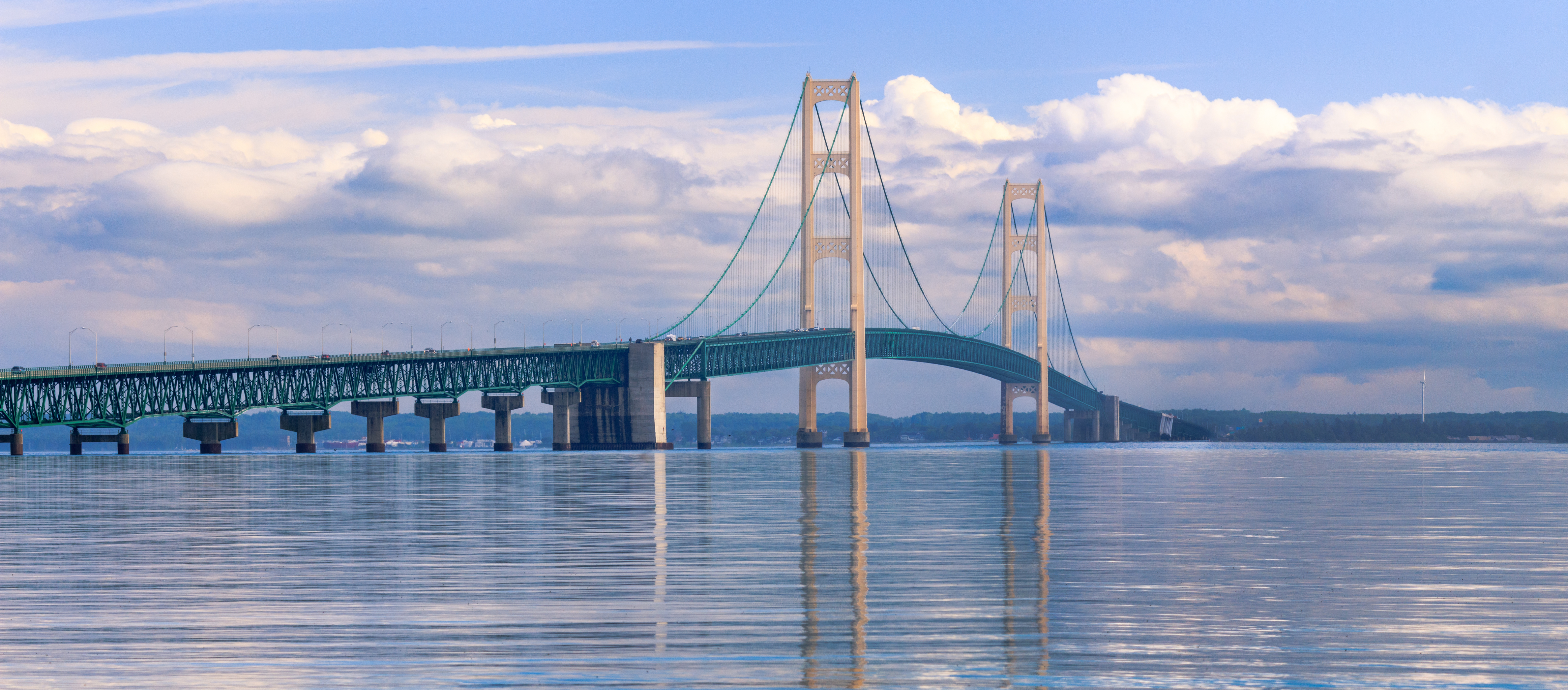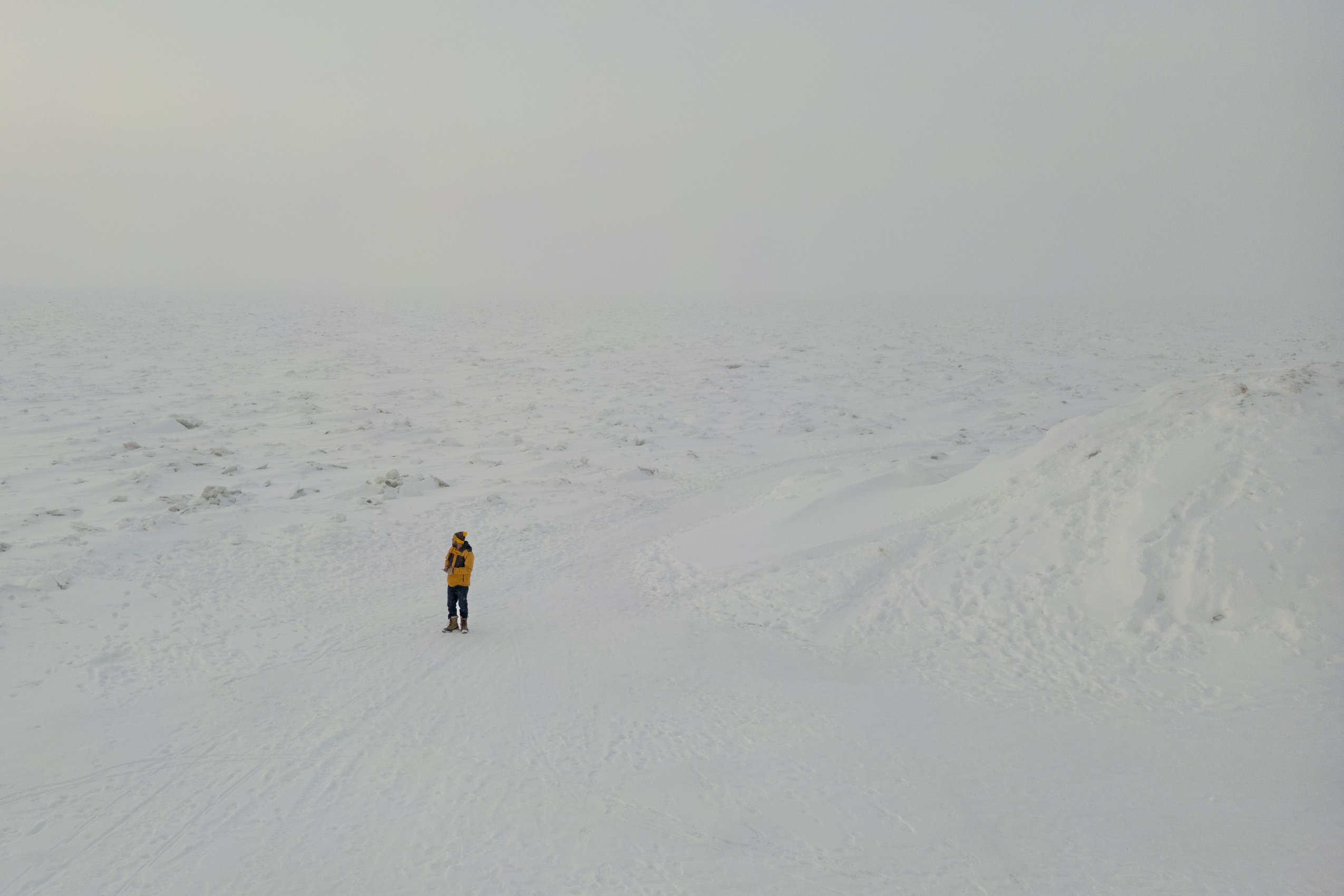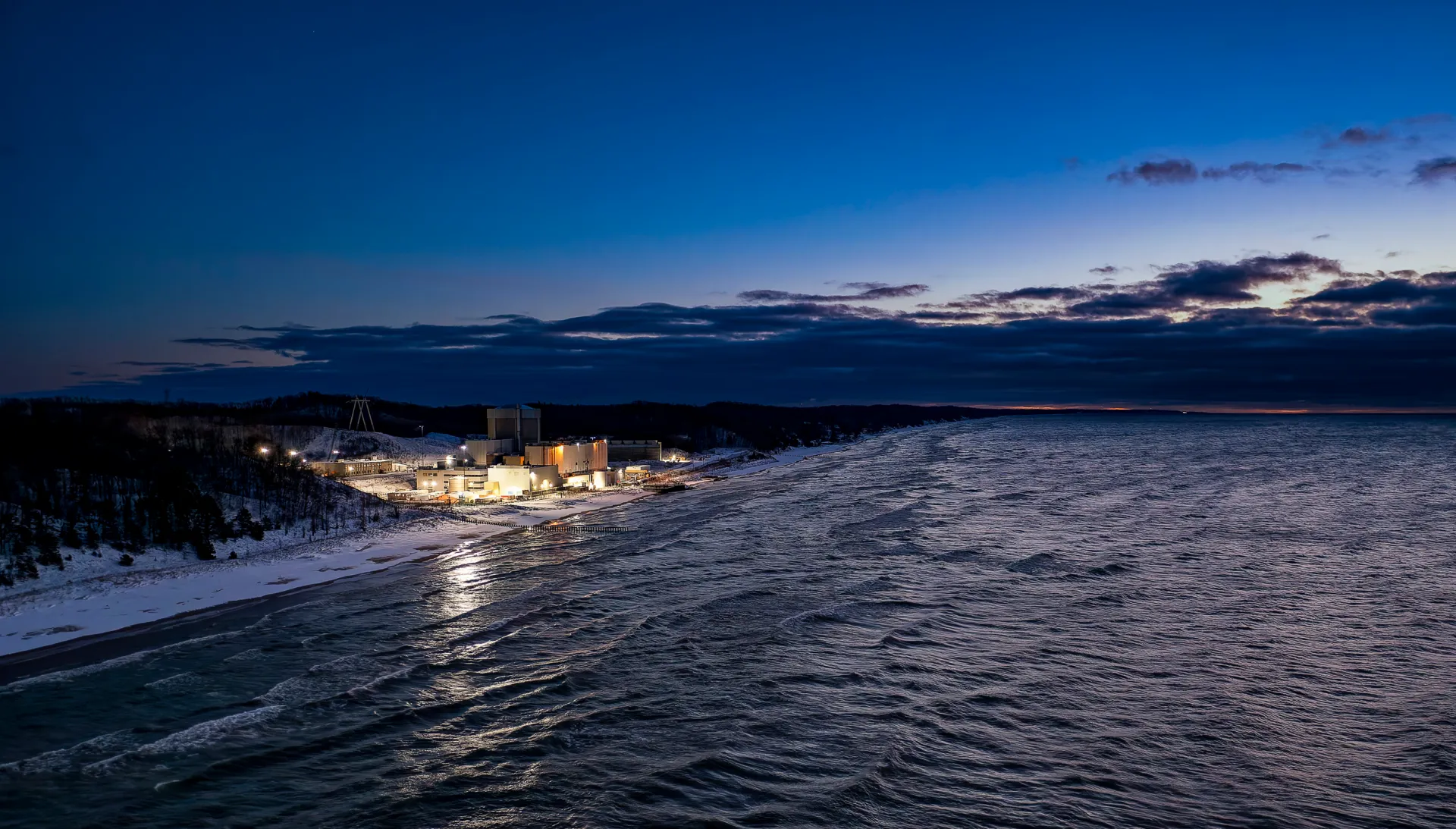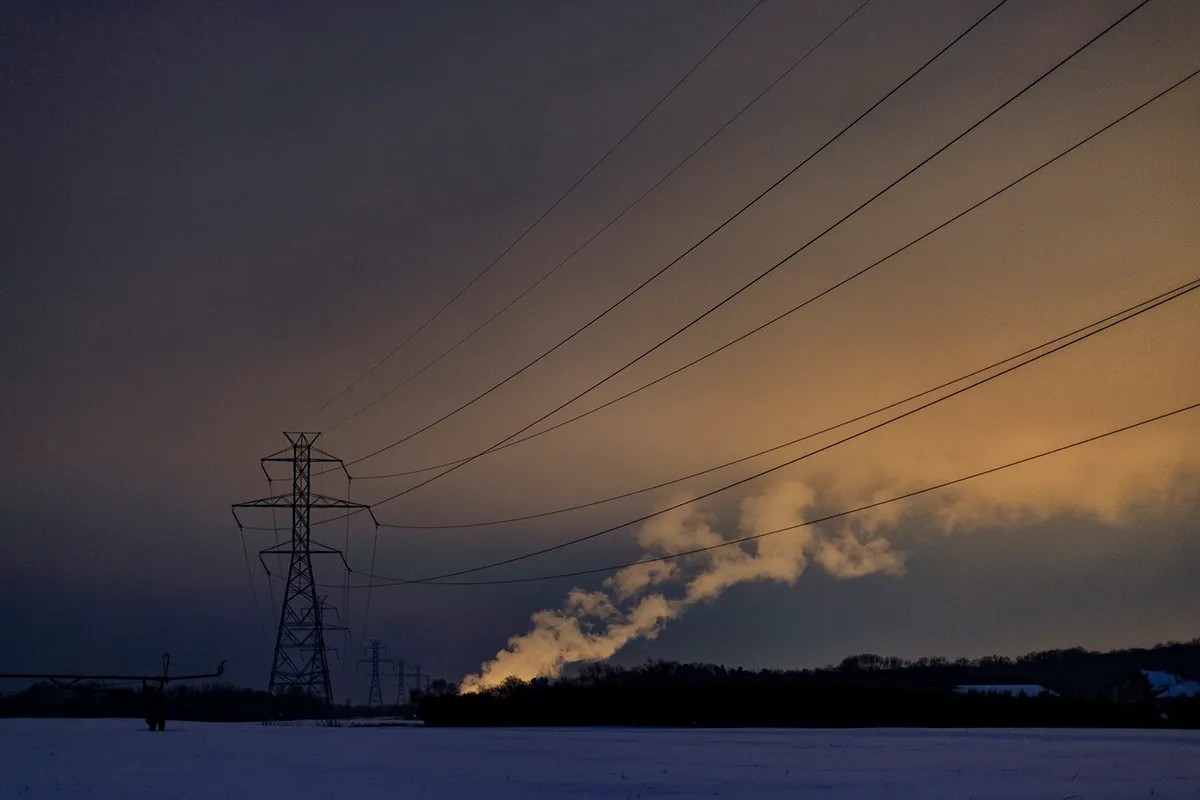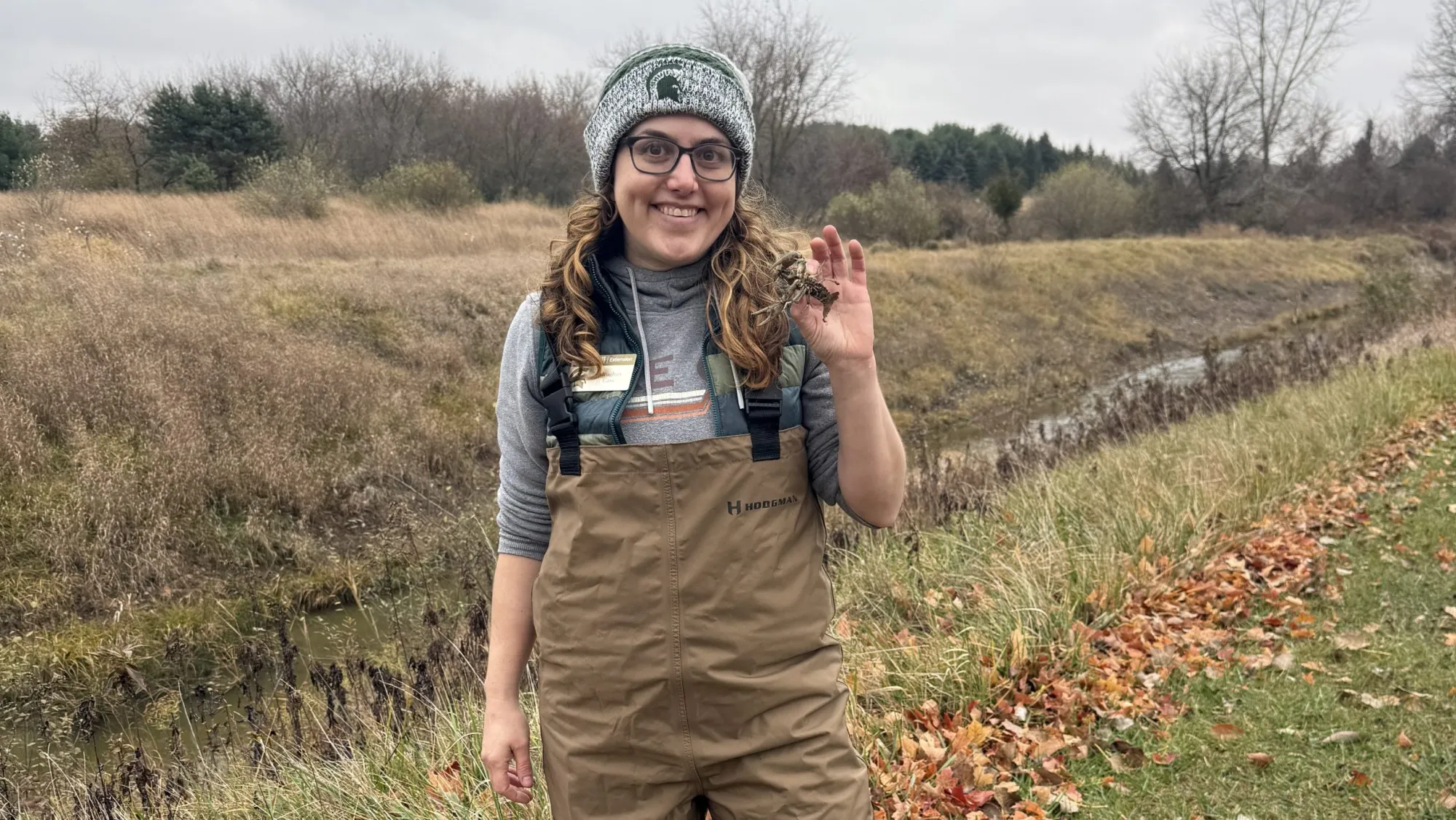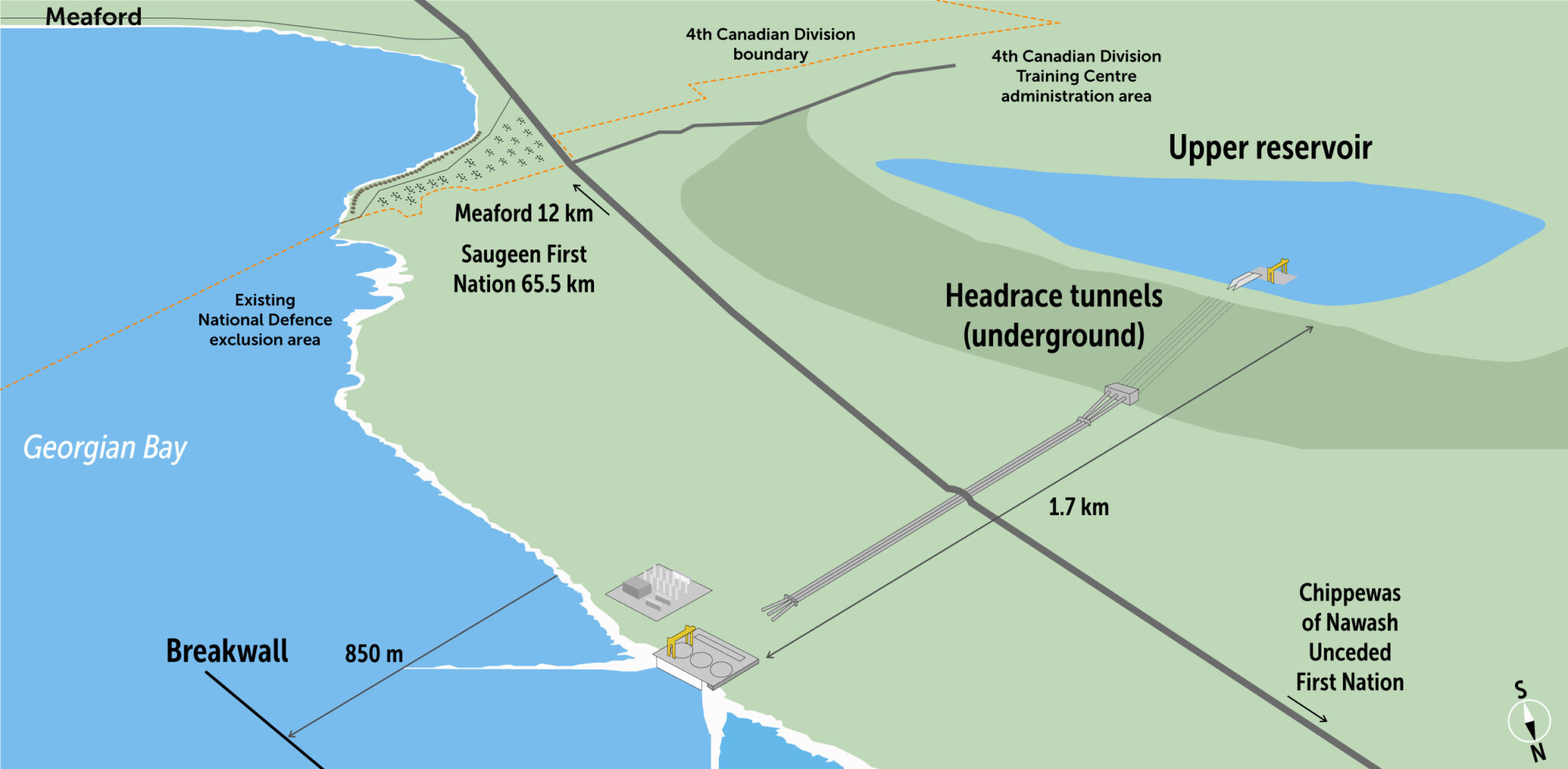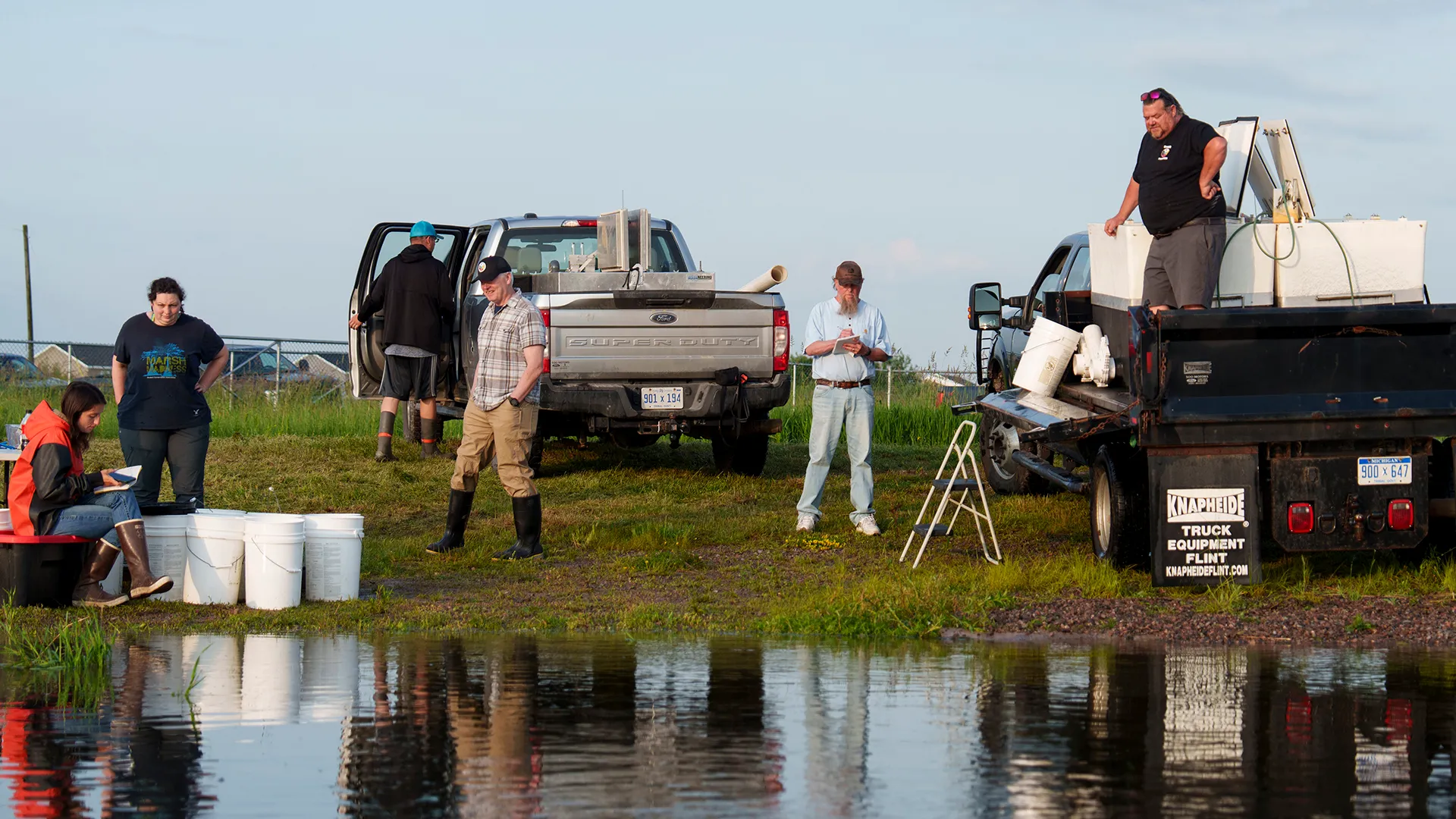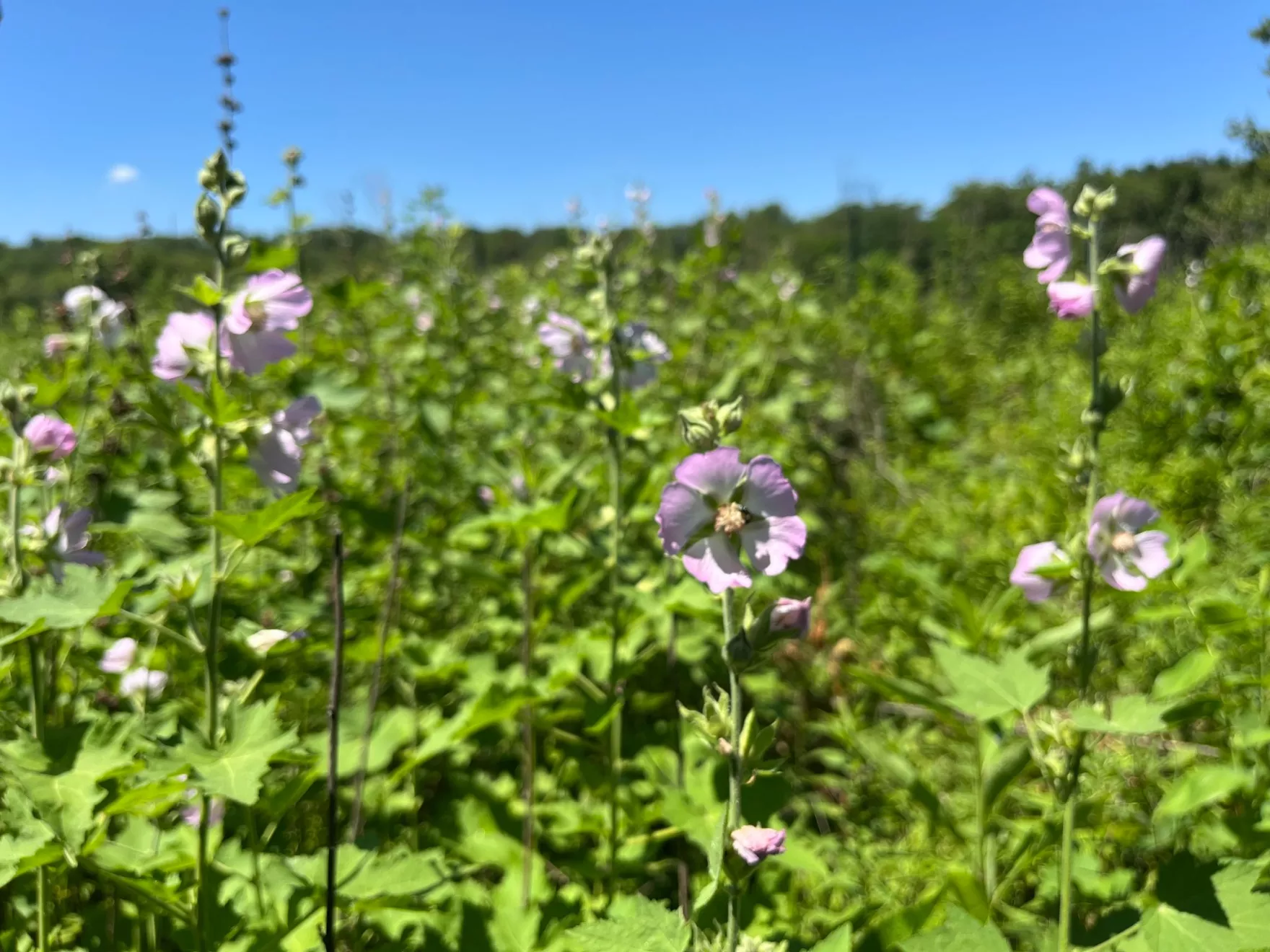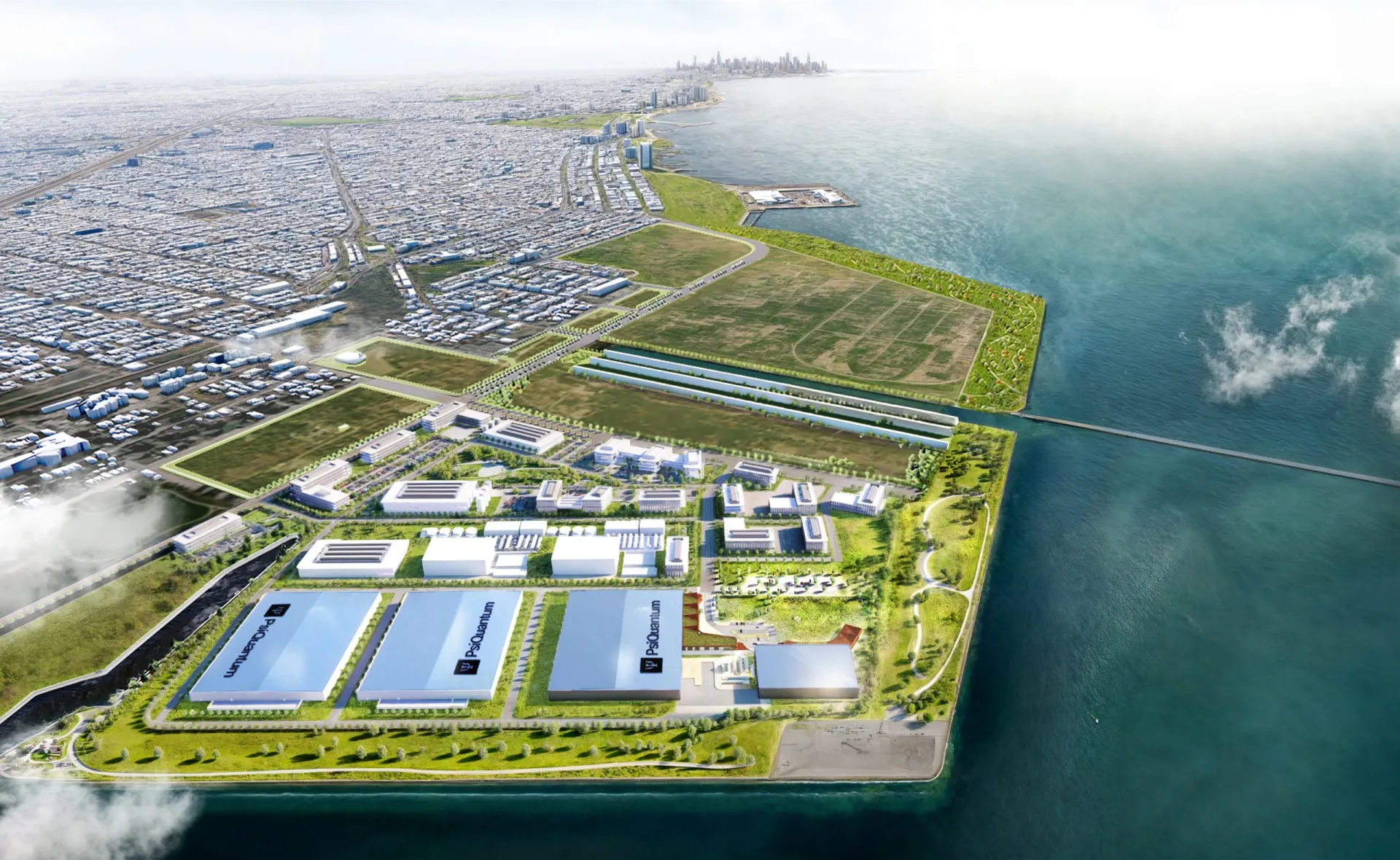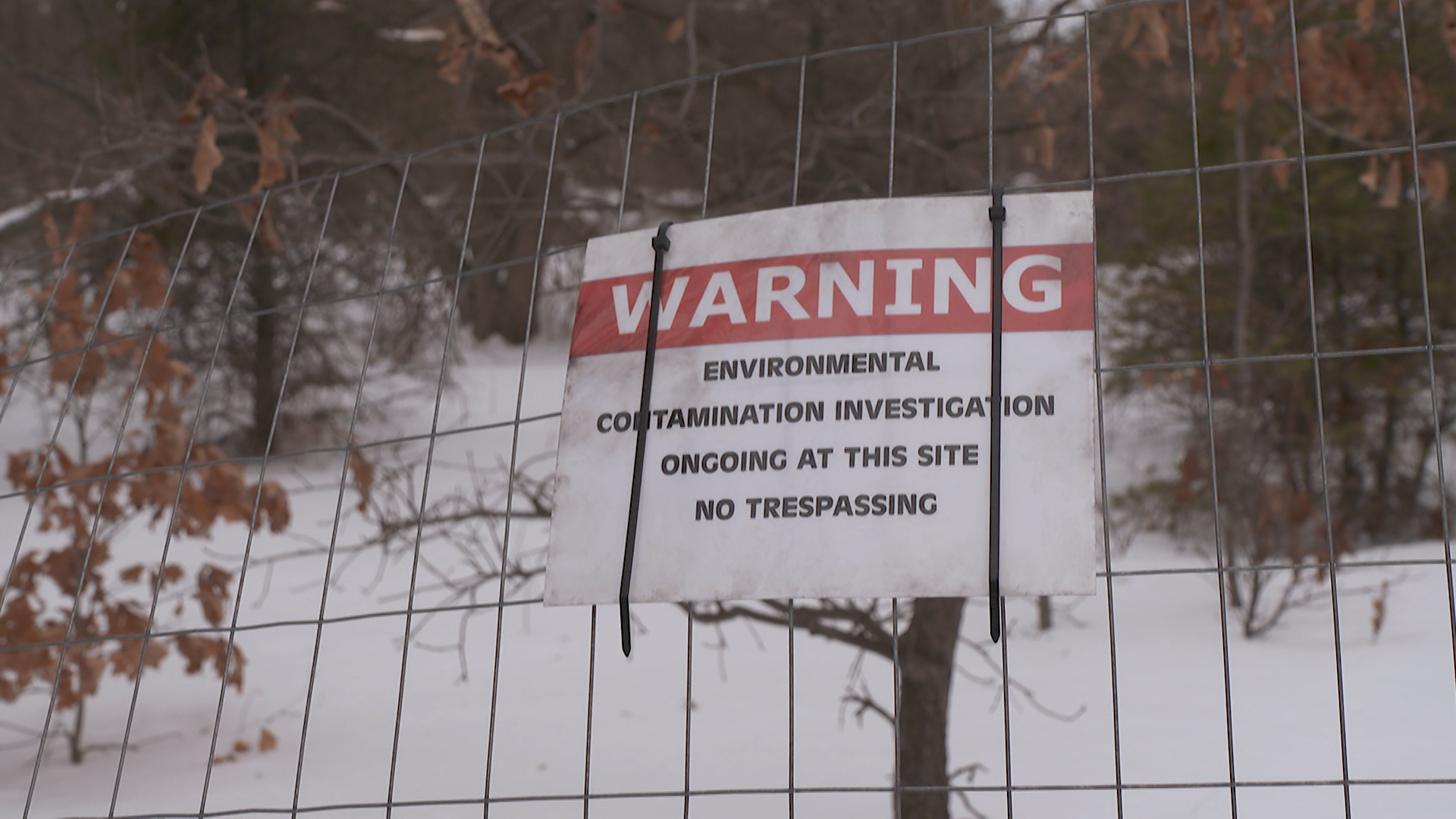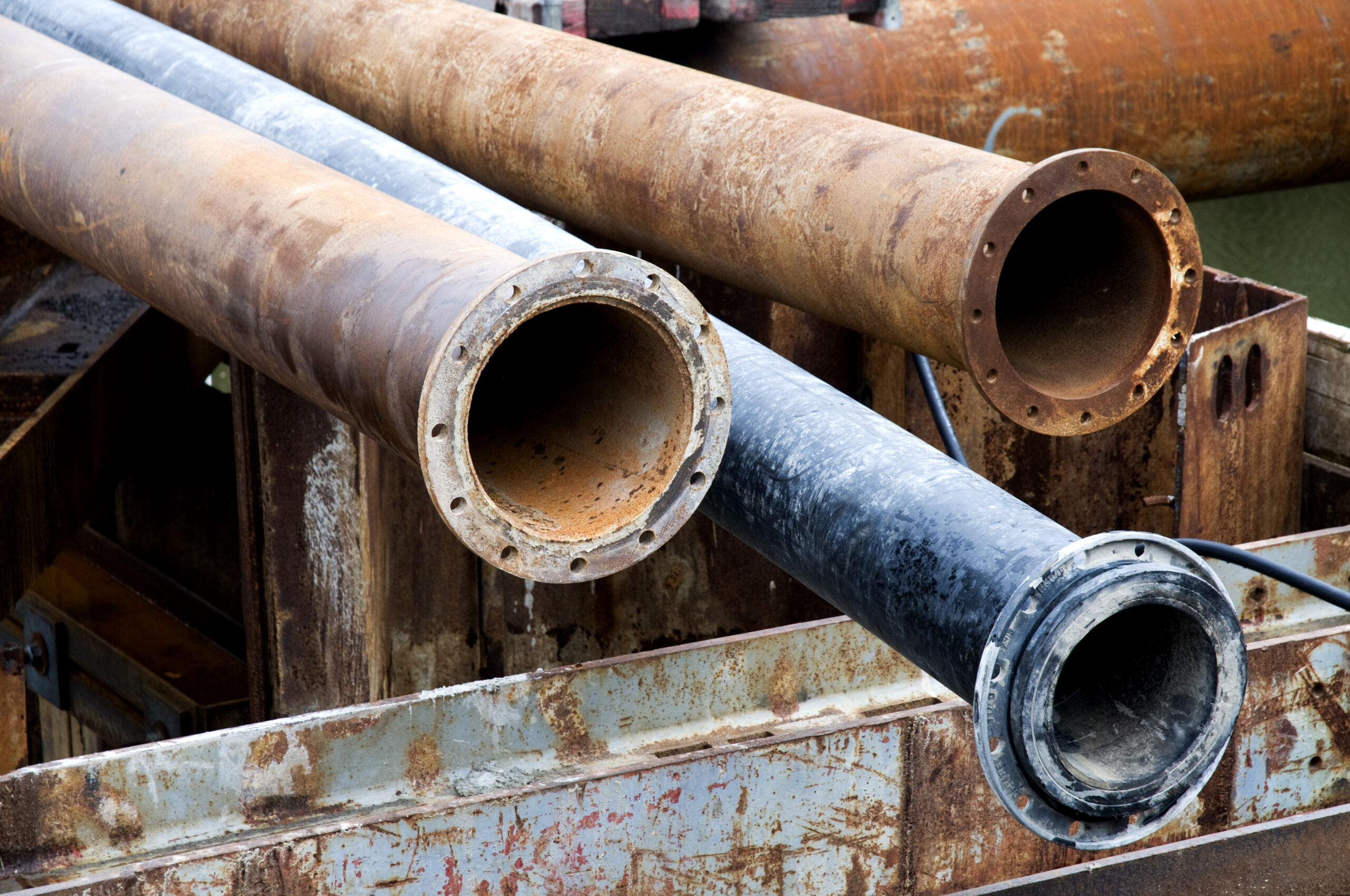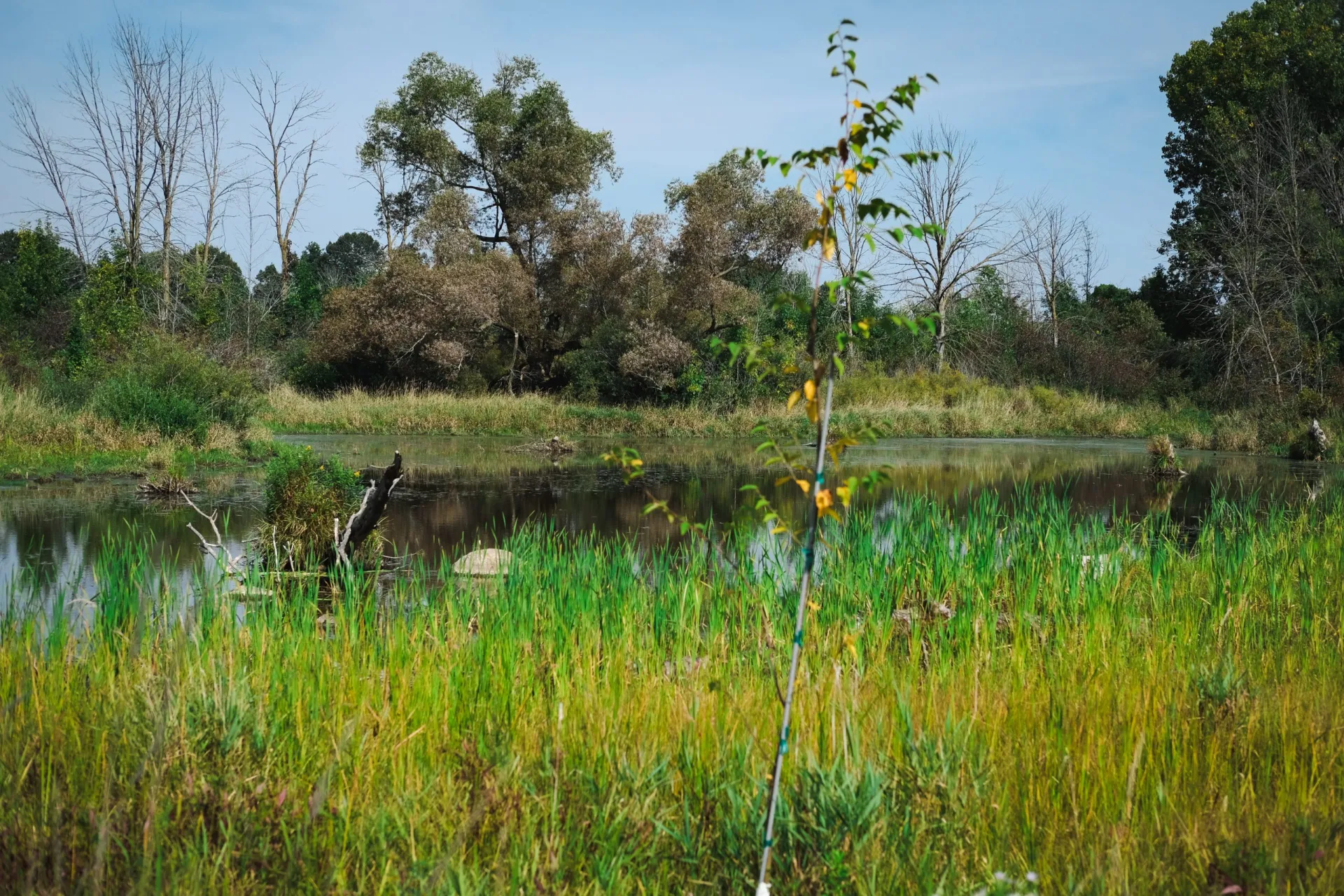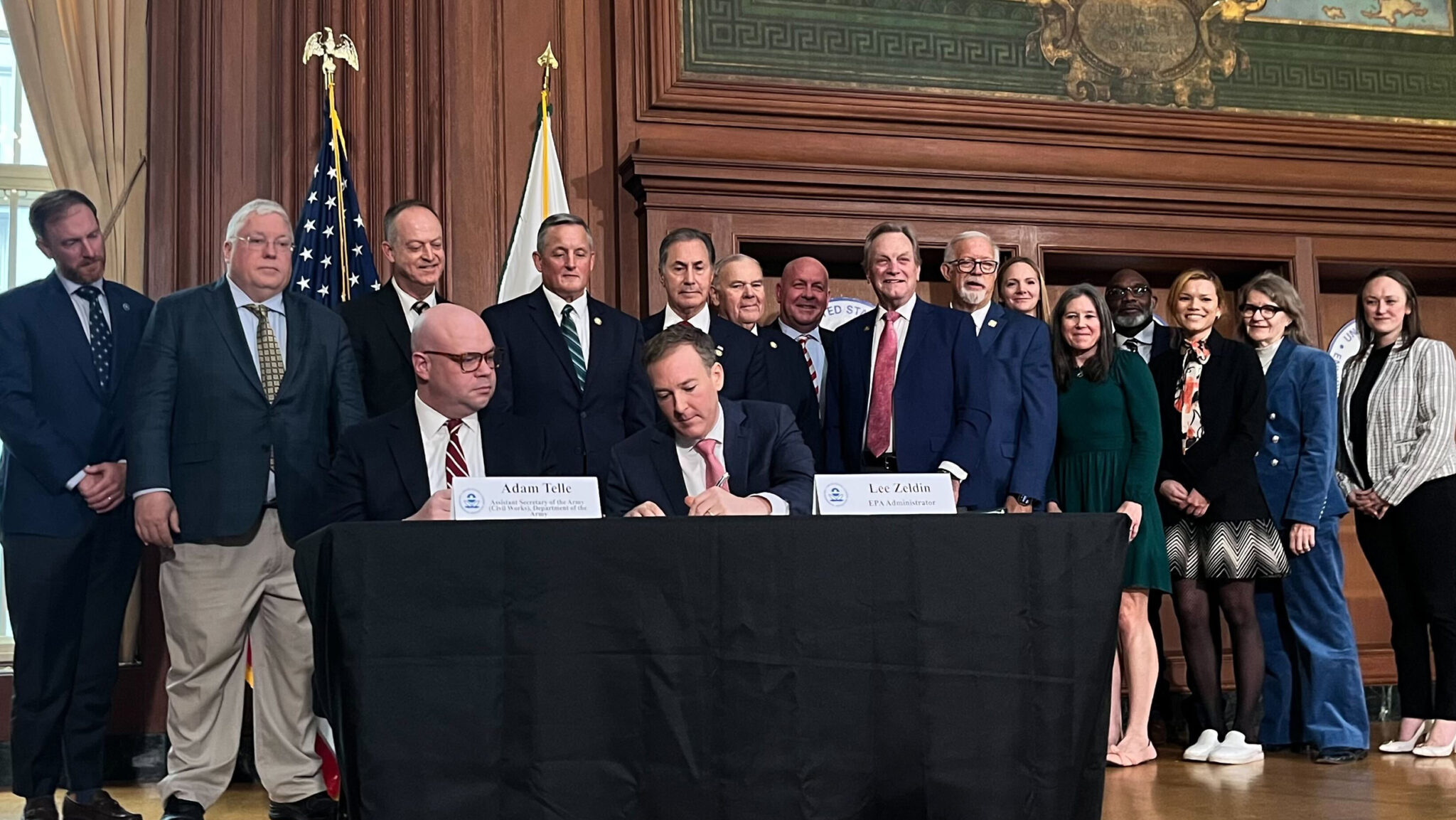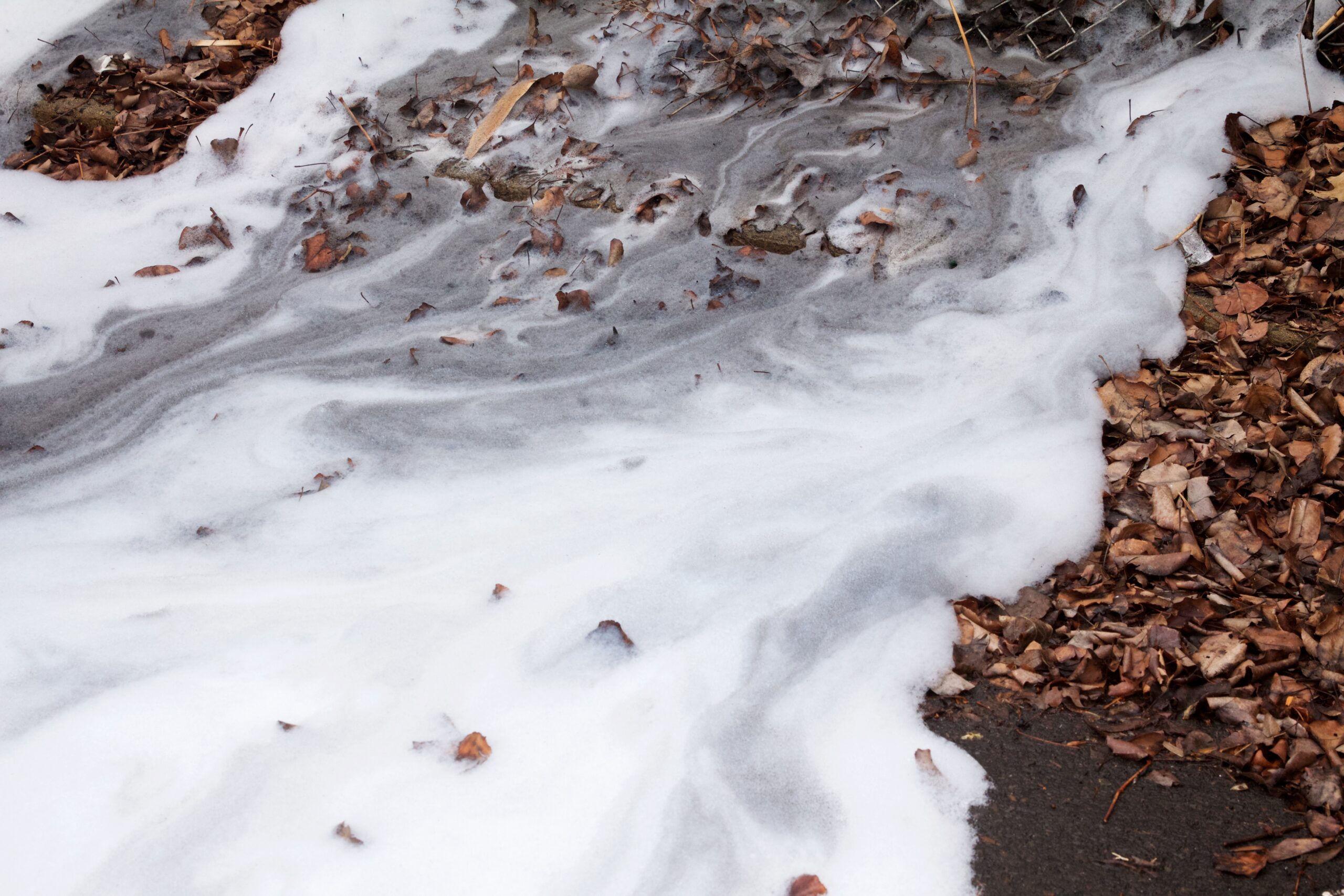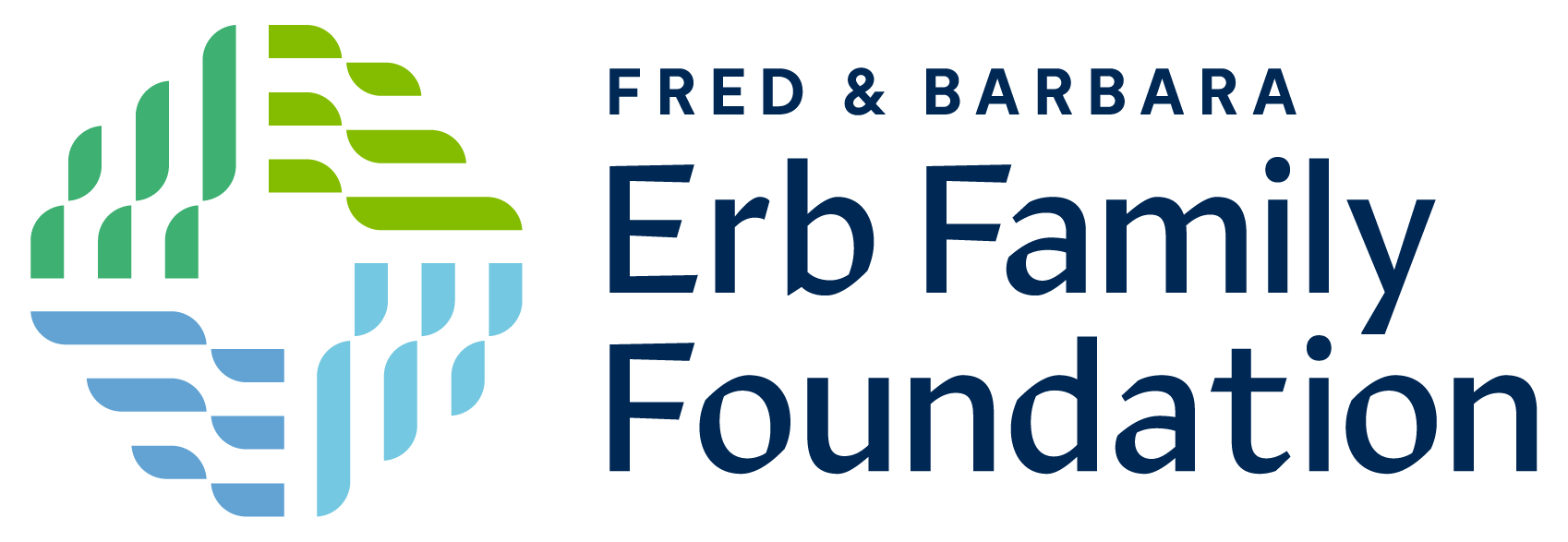Climate change is worsening water crisis for Canada’s largest First Nations population
As the Six Nations of the Grand River face water scarcity due to corporate extraction and limited land ownership, a new study shows how climate change will compound the issue.
Keep readingThe Latest from Great Lakes Now
Restoring the Long-Lost Arctic Grayling | Great Lakes Now
Arctic grayling were once abundant in Michigan’s waters. But almost a century ago, habitat destruction, overfishing, and predation by introduced species decimated their populations. By 1936,…
Restoring Grayling and Salting Roads | Great Lakes Now | Full Episode
Almost a century ago, arctic grayling vanished from Michigan’s waters. Explore an effort to restore this long-lost fish. In Ontario, citizen scientists work to understand the…
A network is racing to save the Midwest’s native seeds
As climate change intensifies wildfires and other extreme weather events, demand for native seeds is surging.
Supreme Court’s Michigan pipeline case is about Native rights and fossil fuels, not just technical legal procedure
The issue in front of the US Supreme Court is seemingly mundane, about federal or state jurisdiction. But it is actually much bigger, encompassing some key questions of…
‘So still, so quiet’: Lake Erie, frozen in a moment of time
The southernmost Great Lake froze over almost completely this month — bringing people from near and far to have a look.
A nuclear shift buoyed by billions, and the waters of the Great Lakes
Restarting an aging reactor and building next-generation modular plants on the shores of the world’s largest freshwater system.
The energy boom is coming for Great Lakes water
How the region powers its growth will determine the future of the Great Lakes.
Great Lake News Collaborative
More News
Wisconsin finally unlocks $125 million funding for PFAS cleanup
More PFAS news with a study on Minnesota combustion facilities, and proposed rate hikes for water utilities in Illinois.
How to check if your Michigan water system is replacing lead pipes
Michigan’s ambitious plan to replace 580,030 lead and galvanized lines is underway, yet many residents remain in the dark about their water safety. The Michigan Lead Service Line Tracker empowers communities to safeguard against lead exposure.
The Next Deluge May Go Differently
Changes in wetlands policy and reductions in funding mean flooding will worsen.
Tensions flare as Line 5 public comment deadline nears
Public comments are due by the end of the week after the U.S. Army Corps of Engineers proposed a tunnel alternative last month.
Trump administration moves to weaken federal protections for waterways and wetlands
Environmental groups warn the proposal to change the definition of “waters of the United States” would eliminate crucial safeguards for “countless” bodies of water.
$18M approved in bill credits for Pennsylvania customers in ‘forever chemicals’ settlement
More PFAS news with a “cover-up” in Canada’s North Bay, and Wisconsin legislators estimate pollution cleanup could cost several billion dollars.

